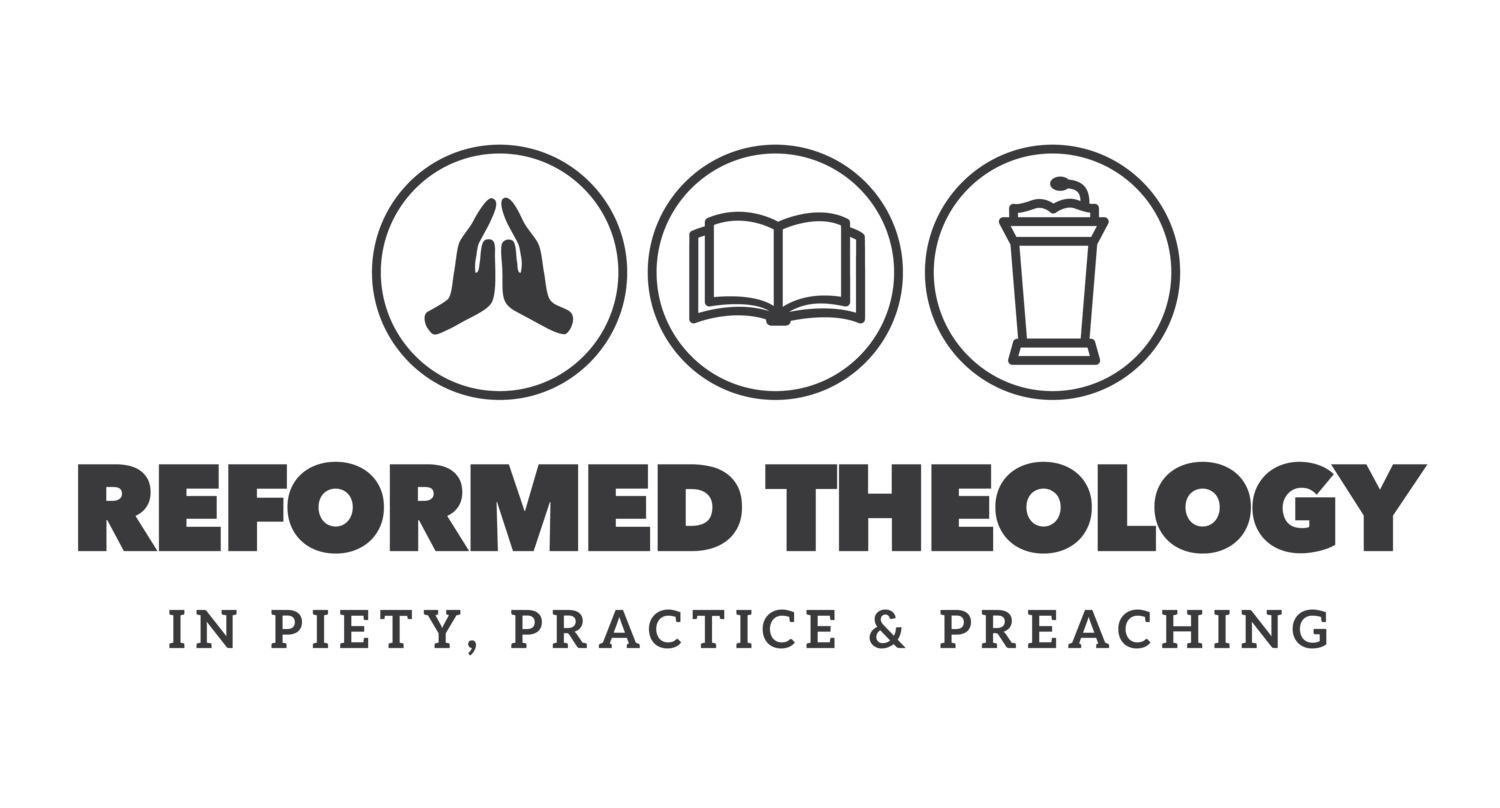Within the Reformed community people place a high premium upon theological learning and knowledge. On the one hand, I think this is a good thing. There are far too many Christians who barely know their Bibles. I remember listening to a radio broadcast where the interviewer went around a Christian booksellers convention to ask people how many people could list the Ten Commandments. Very few could list all ten, and most people stumbled and stammered to name but one or two. It was certainly a sad state of affairs, to say the least.
On the other hand, I’ve witnessed the other extreme—people who are always chasing after the latest theological book, always talking about the latest theological controversy, those who caravan to the most recent theological conference, and who are very theologically informed. The problem with these people is not the mass consumption of theological knowledge, but the fact that this information never seems to make the trip from the head to the heart. In one egregious case with which I was personally aware, there were several individuals in my congregation who regularly raided the book table for the latest publications. The problem was, they never paid for the books. They had an outstanding tab of $400-$500 in unpaid books (an aside – we placed books with envelopes in them where you were supposed to pay for the book and drop it off at the book table or mail it in). There is a serious disconnect when you’re gobbling up theology books to learn more about the Bible and then failing to pay for the very books that you’re reading. When you know the intricacies of God’s law and its prohibitions against theft and nevertheless essentially steal the books from which you gain this knowledge, there is a big problem.
The apostle Paul is quite clear – knowledge is not an end unto itself: “If I have prophetic powers, and understand all mysteries and all knowledge, and if I have all faith, so as to remove mountains, but have not love, I am nothing” (1 Cor. 13:2). We must recognize that when we study God’s word, we’re not simply acquiring knowledge—downloading data to store in our minds. Rather, our pursuit is ultimately one of wisdom—we are seeking to know better our covenant Lord, not facts. We are seeking to know better the triune God as he has revealed himself in the Word. To acquire knowledge apart from wisdom, apart from the context of our relationship with Christ, would be like a husband studying and finding out everything his wife likes and dislikes and then failing to use it—failing to strengthen the relationship with his spouse.
The last thing we should be is a theological junkie—people searching for our next knowledge fix—something that we can bandy about with our friends so they see how much we know. If our knowledge fails to make the journey from our head to our hearts, then above all else, we have failed to love God and our neighbor. Our knowledge isn’t for ourselves, but first and foremost, so that we may love, praise, and worship our triune God, both for who he is and for what he has done for us in Christ. Second, our knowledge should be employed so that we are better equipped to put God’s word into action—to love our neighbor as ourselves.
